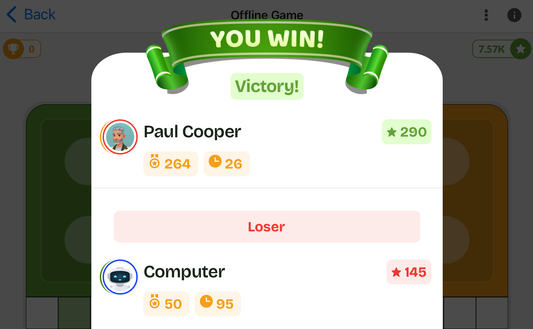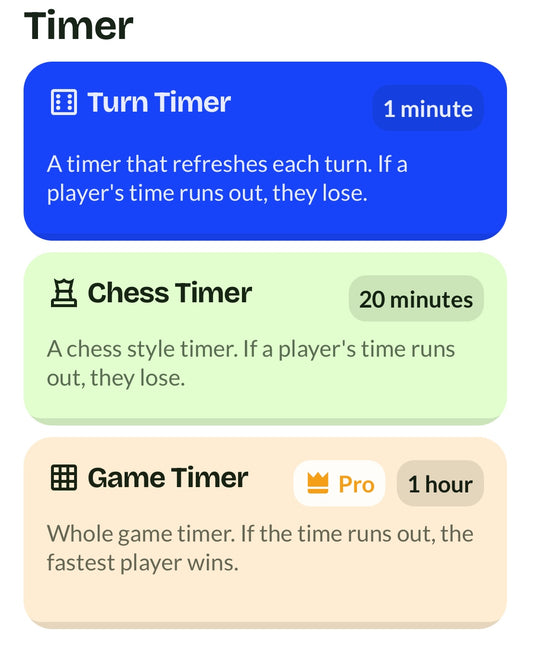If you’ve ever played Uckers, then you will probably have been called a 'ludo-playing so and so' at some point. It's probably the most common thread of banter associated with the game, but what does it actually mean?
First, we need to remind ourselves about the rules of Ludo. At its core, they are very similar to the standard rules of Uckers, though the big difference being that you only throw one dice. This means that maintaining a block (or blob as Uckers players know it), isn’t possible and to hinder your opponent’s progress, you must rely on jumping upon opponents’ pieces.
Uckers is more involved than Ludo with its additional rules and the use of two dice. Because of this, the game is more tactical and strategic, and it is often not in the interests of you as an Uckers player to remove your opponent’s counter just because you can.
So, the term ‘ludo player’ in the context of Uckers means to remove (or hack off) your opponent’s pieces unnecessarily without there being an obvious reason or strategy behind it.
If this is the case, how do we determine when hacking off a piece is or isn’t necessary? First, let’s have a look at why you would do it:
- Your opponent could form a blob and prevent you from advancing around the board.
- A hack could prevent your opponent from challenging a blob, particularly if it is a weak one of just 2 counters.
- Your opponent could create a stronger blob and make your challenges more difficult.
- You want your opponent to have limited options for moving their pieces and a hack could provide that.
- Your opponent’s piece has progressed around the board considerably and returning the piece to their base would improve your chances of winning and, in the case of the app, improve your bonus score.
- If playing tournament rules or custom rules with suck backs, it could remove the possibility of a suck back being instigated.
Now let’s look at why you wouldn’t want to hack.
- The piece could create a mixie blob for your opponent thus allowing you to pass over it or increase the value of taking the counter later on.
- The piece hasn’t progressed around the board sufficiently enough to be of any real importance.
- You want your opponent to have limited options for moving pieces and this might be best achieved by leaving a counter in play.
The positional value of a counter is calculated by how far around the board it has progressed. For instance, simplistically and for use of explanation, the value of each square would be as follows*:

* Aficionados of the game will know that the actual value of each square will change depending on the relative position of other pieces and the addition of dice probability.
Once you understand the value of each square that has been progressed to, then you can see that, relatively speaking, hacking of a piece with values of 1-10 is not as advantageous as taking a piece that is between 32-51. Please note that this just relates to a single piece and that there might be other reasons why removing a counter with a lower board positional value could be of benefit.
The real art and skill of the game is knowing when you should leave your opponent’s pieces in play and when you absolutely should look to return them to their bases! That said, there is a valid argument that ludo-playing is just a style of gameplay and that if you aspire to be a good Uckers player, you should be able to use tactics and strategies to overcome this (objectionable?) form.
In summary, ‘ludo-playing’ is frowned upon in Uckers and creates a lot of emotion amongst those that play – it’s just not cricket! However, being a good Uckers player means that you can deal with it, suck it up and rise above this type of play.
Paul
CEO and Co-founder
Uckers International




